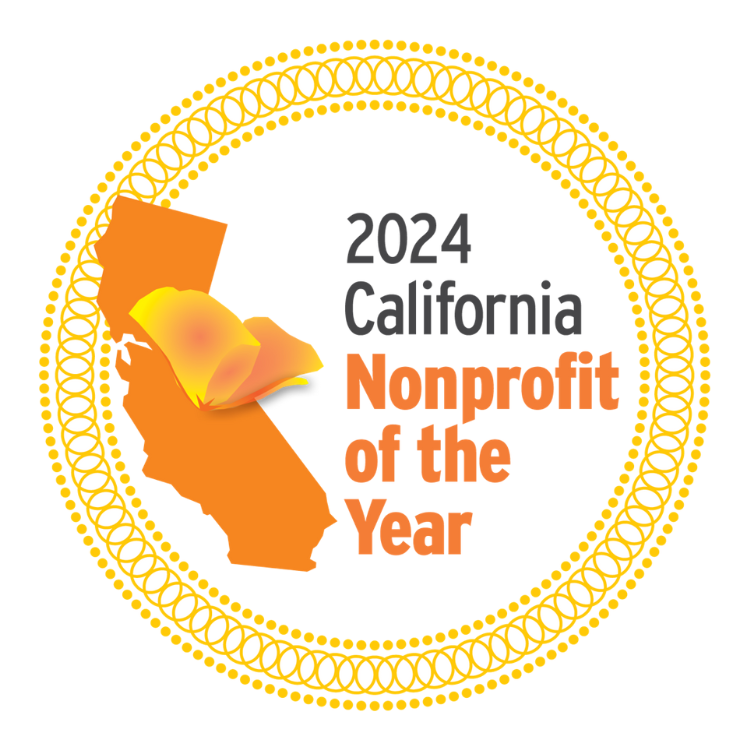New Scientific Report Offers 17 Ways to Restore California Delta Habitats
- Orange County Coastkeeper commissions research to protect endangered native fish in Sacramento-San Joaquin River Delta
- New data-based ranking system measures effectiveness of restoration opportunities
- Coastkeeper says Delta habitats deserve legal protection in statewide water decisions
ORANGE COUNTY – Today, Orange County Coastkeeper released a white paper with science-based recommendations to make the Sacramento-San Joaquin River Delta a healthy habitat for native fish. The new research contains 17 recommendations to improve water quality, restore fish habitats and protect endangered fish species.
Coastkeeper commissioned conservation expert Dr. Peter Moyle and his team to investigate the unique challenges and opportunities to restore the region. Dr. Moyle created a first-ever numeric system to score and rank 26 available solutions, based on nine criteria.
After measuring the environmental impact of each restoration option on the table, Dr. Moyle presented 17 recommendations. Coastkeeper says some of the available options can offer immediate environmental benefits without significant funding or policy changes, while others require long-term or continuous restoration work.
“To protect the largest and most altered estuary on the West Coast, we needed a thorough scientific study that goes beyond politics and evaluates the region from every stakeholder perspective,” says Garry Brown, executive director of Orange County Coastkeeper. “We’re beyond the possibility of ever bringing the Delta back to its natural state, but we can still invest in a sustainable Delta to save the Chinook Salmon and other native species.”
The Delta is the heart of California’s water delivery system, connecting precipitation-rich areas in Northern California with dry farmlands and urban areas in the central and southern areas of the state. With channelization, limited flows and massive loss of historic wetlands, native fish habitats have disappeared and the populations struggle to survive. Coastkeeper says the region will most likely lose the Delta Smelt and the winter-run Chinook Salmon is threatened as well.
Coastkeeper says the white paper’s proposed solutions could reverse these detrimental trends with projects like restoring the McCormack-Williamson Tract, a northern Delta island, to tidal and floodplain habitat. Another recommended action is to establish legal Delta protections in the form of environmental water rights, so that water distribution meets the needs of drier regions without sacrificing the health of the local environment. Click here to read all 17 recommendations in the full white paper.
“It’s up to all of us to ensure a healthy future for the native fish and birds that call the Delta home,” says Dr. Moyle. “We must move beyond political gridlock to turn these science-based recommendations into action, and we must start now.”
Dr. Moyle is a distinguished professor emeritus in the Department of Wildlife, Fish and Conservation Biology and associate director of the Center for Watershed Sciences at the University of California-Davis. Biologists John Durand and Carson Jeffres, both affiliated with the Center of Watershed Sciences at the University of California, Davis, also contributed to the project. The full report is available on Coastkeeper’s website.
###
ABOUT ORANGE COUNTY COASTKEEPER
Founded in 1999, the mission of Coastkeeper is to protect and promote sustainable water resources that are swimmable, drinkable, and fishable. Coastkeeper is a nonprofit clean water organization that serves as a proactive steward of our fresh- and saltwater ecosystems. We work collaboratively with diverse groups in the public and private sectors to achieve healthy, accessible, and sustainable water resources for the region. We implement innovative, effective programs in education, advocacy, restoration, research, enforcement, and conservation. For more information, visit www.coastkeeper.org or call 714-850-1965.






